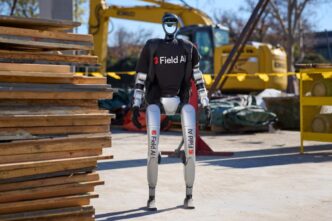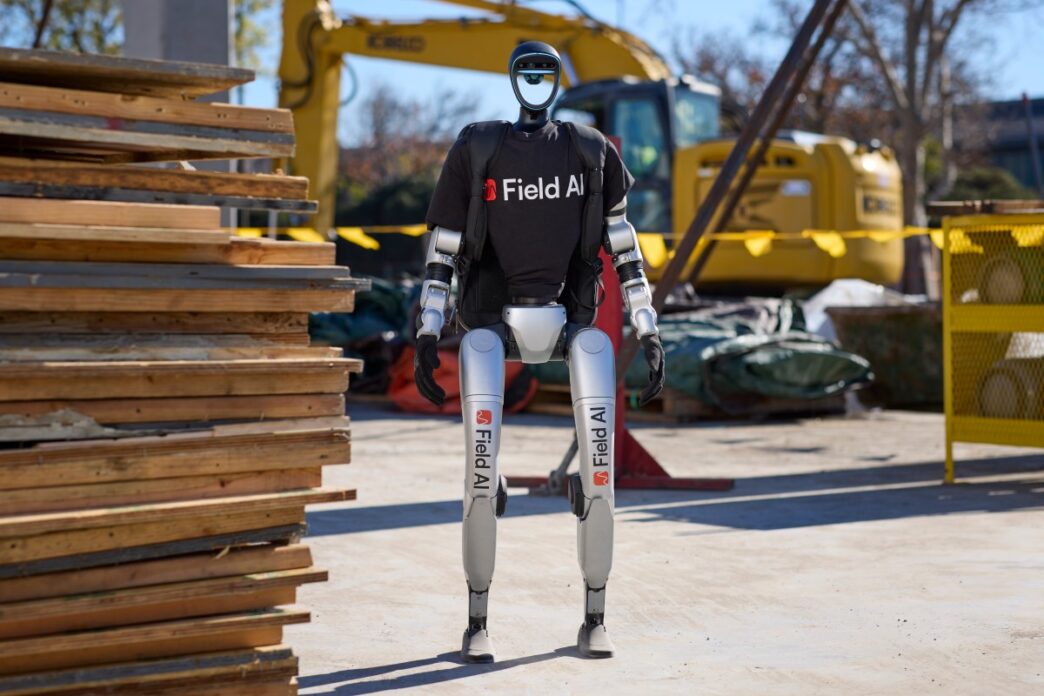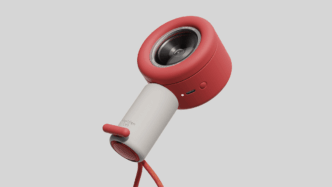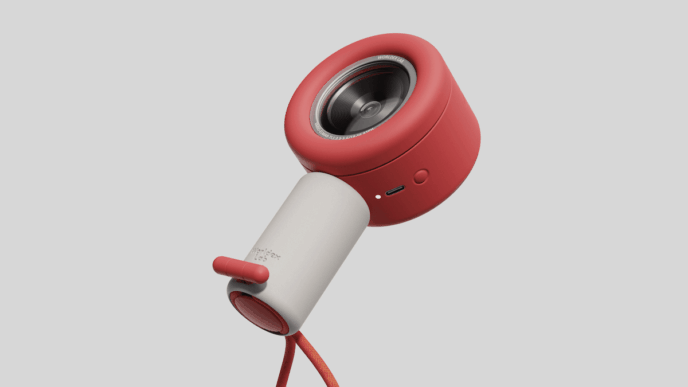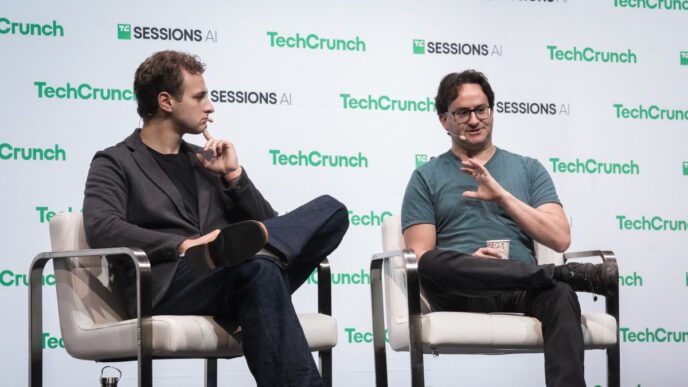FieldAI just raised $405 million in secret funding rounds to build what it calls “foundational embodied AI models” — basically robot brains that help humanoids, quadrupeds, and self-driving cars adapt to new environments safely.
The latest $314 million round closed in August. It was co-led by Bezos Expedition, Prysm, and Temasek. Other big backers include Khosla Ventures, Intel Capital, and Canaan Partners.
Unlike usual AI that deals with text or images, FieldAI’s tech controls real-world robots moving through physical spaces. Their “Field Foundation Models” use physics to help robots learn on the fly and juggle risk better.
FieldAI founder and CEO Ali Agha told TechCrunch the goal is one robot brain that works across all robot types and environments. The trick? Embedding physics into the AI so robots know how confident they are when making decisions — avoiding dangerous “hallucinations” in risky settings.
Ali Agha on why the physics layer matters:
“The mission is to build a single robot brain that can generalize across different robot types and a diverse set of environments.”
“To get there, you need to manage risk and safety as you go to these new environments. And that has been a fundamental gap in robotics, that traditional models and traditional approaches were never designed to manage that risk and safety.”
“Suddenly you start to have that sense of, how much I know, and if I don’t know something, or if I’m making a decision, how confident I am in it.”
“Once [the] network starts getting access to that, it starts making much safer decisions. Not just this spits out that, ‘Hey, here’s the next sort of an action,’ but it tells you how confident it is, and you as a customer can define this risk threshold, and robot will be reactive to that.”
Agha has worked decades on this at NASA and MIT. FieldAI launched in 2023 after hitting a breakthrough letting one robot brain run various robot types doing shared or unique tasks.
FieldAI already landed contracts in construction, energy, and urban delivery but won’t name customers. The fresh cash will boost R&D, scale production, and expand overseas.
Agha compares the tech to how humans evolved:
“You evolve to be able to do various different tasks in different environments, and you have the ability to rapidly learn, [and] we believe that is a necessity in robotics. Yes, definitely you can optimize for one specific use case, but that is not the market we are going after.”
FieldAI aims to build smarter, safer robots with brains that can handle change — and big money is backing the bet.
